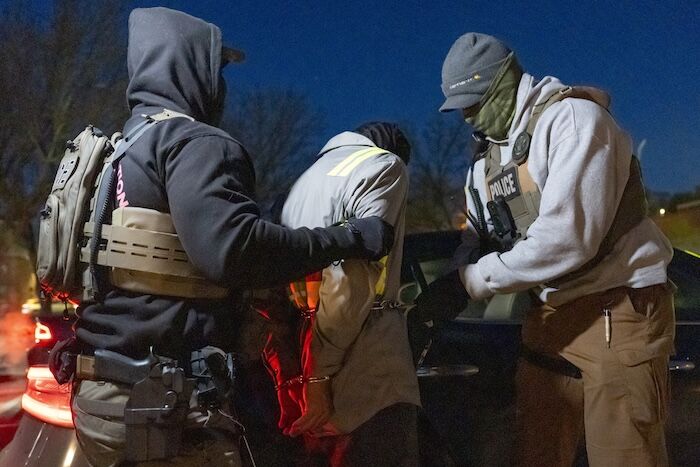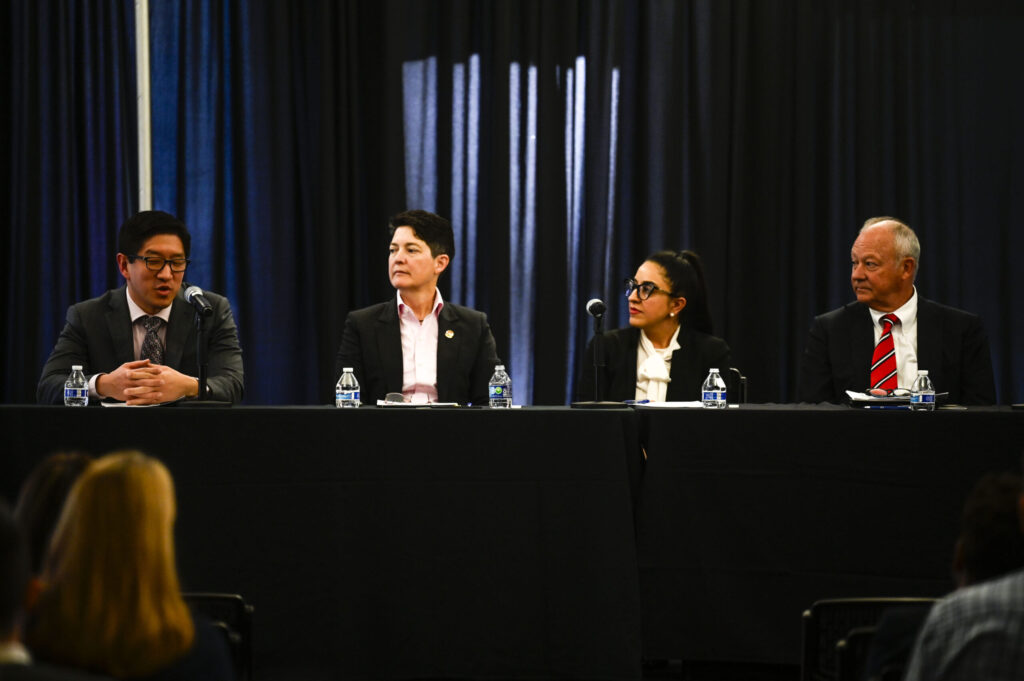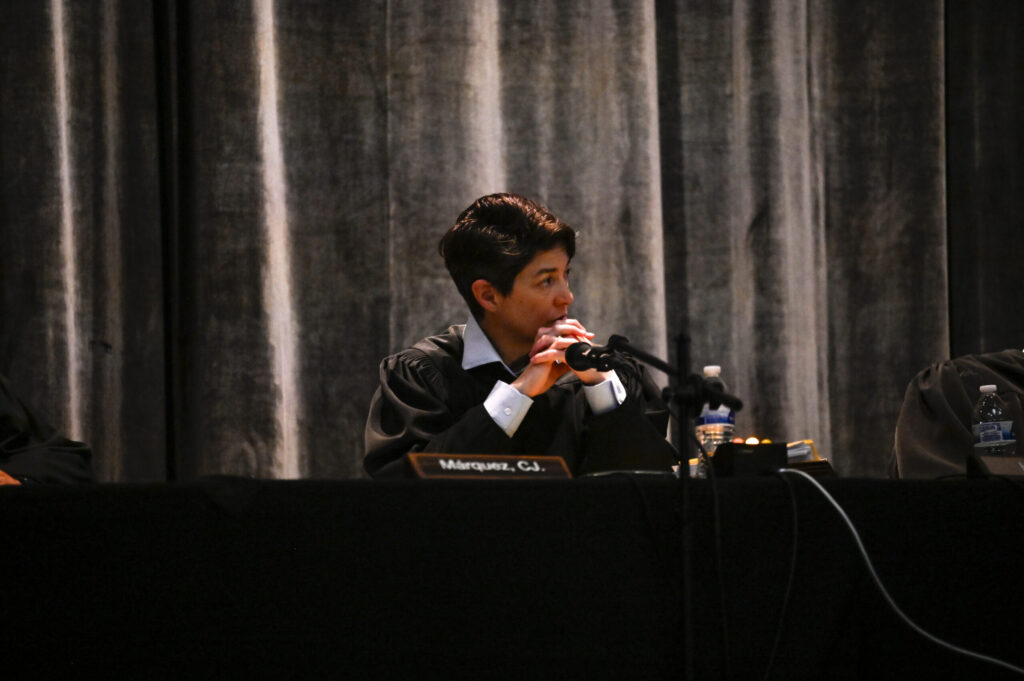10th Circuit allows lawsuit to proceed against federal prison officials who attacked fellow staff
The federal appeals court based in Denver agreed on Tuesday that multiple prison employees could be held individually liable for taking a hostage-training exercise too far and, as a trial judge found, engaging “in combat” with other staff members.
The question before the U.S. Court of Appeals for the 10th Circuit was whether the government could substitute itself for the individual Federal Bureau of Prisons staff being sued for intentional infliction of emotional distress and civil conspiracy. The substitution can only happen if the attorney general certifies an employee was acting in the scope of their official duties when they committed an alleged violation.
Following an August 2022 hearing, U.S. District Court Judge Charlotte N. Sweeney concluded the defendants at Federal Correctional Complex, Florence were acting outside their responsibilities when they tear gassed, shot and beat their fellow workers.
According to the information presented to Sweeney, the prison conducted a training exercise on June 20, 2019. The scenario that day involved a hostage-taking simulation.
The plaintiffs were in the business office and sheltered in place according to bureau policy. Because two office employees had been taken hostage in the scenario, the plaintiffs decided to move into a locked cashier’s cage in case the hostage-takers gained access to the office. One person reported to “main control” that seven people were sheltering in the cage.
As the exercise played out, the plaintiffs came to think the special operations response team (SORT) was compromised and working with the pretend hostage-taker. Consequently, they did not respond to entreaties to get them to come out of the cage, and instead barricaded themselves.
After the hostage-taker was neutralized, the SORT’s task was to do a “secondary search” to ensure no other threats remained. The defendants came to the business office and tried to get the plaintiffs to come out of the cage. The plaintiffs reportedly believed the exercise was still going on, while the defendants allegedly were concerned an actual hostage situation was happening.

The plaintiffs communicated their understanding, but the defendants forcibly entered the cashier’s cage. Although they had been denied authorization to use OC spray — pepper spray — on fellow staff, the defendants deployed chemicals and used simulated ammunition (“Simunition”). All the while, the plaintiffs repeatedly shouted they were “out of role” to stop the simulation.
“It’s important to note that at this time several of the plaintiffs were crying, shaking and literally screaming for SORT to stop. That SORT continued was absolutely, frankly, stunning to this court,” said Sweeney.
She concluded the defendants had no legitimate belief an actual threat was underway, and they instead grew frustrated that the plaintiffs were not coming out of the cage. The response — punching and shooting the plaintiffs — was not conduct authorized in their official roles.
“SORT completely abandoned the legitimate work of clearing the business office and proceeded to essentially engage in combat with staff members, two of whom were injured and/or medically compromised, one of whom was an outside contractor,” Sweeney said. The Bureau of Prisons “is in the business of protecting people and ensuring that situations are deescalated. This was the exact opposite of that.”
The federal government did not appeal Sweeney’s decision allowing the lawsuit to proceed against the defendants individually, but the prison employees did.

Attorney David Gartenberg applauds for U.S. District Court Judge Charlotte N. Sweeney at a legal event in Denver on July 21, 2023.
“If the ruling of the District Court is allowed to stand, and these Appellants are subjected to personal monetary responsibility in a situation where they were required to participate in the training exercise and subsequently exercised judgment based on their reasonable interpretation of the facts,” their attorneys wrote, “it will have a chilling effect on numerous other members of BOP and SORT who may in the future not only be required to participate in other BOP training exercises, but even make decisions in life emergency situations.”
“If anything,” countered the plaintiffs, “the district court’s decision chills federal employees in the future from violating BOP policies, such as those prohibiting the use of Simunition, OC spray, and force against staff members.”
During oral arguments in March before a three-judge panel of the 10th Circuit, some of the appellate judges were concerned that Sweeney established a factual narrative of the clash without a hearing specifically to take evidence.
“We have a whole lot of disputed facts,” noted Judge Nancy L. Moritz.
Ultimately, the panel declined to address how Sweeney handled the proceedings because the defendants admitted they were not disputing her narrative of the facts on appeal. Based on what Sweeney found, the 10th Circuit agreed the defendants were acting outside of their employment when they attacked the plaintiffs.
“In sum, defendants’ actions were not assigned, incidental, or customary work; nor were they motivated by a subjective intent to further the BOP’s business,” wrote Moritz in the Sept. 10 order.
The case is Arroyo et al. v. Privett et al.











